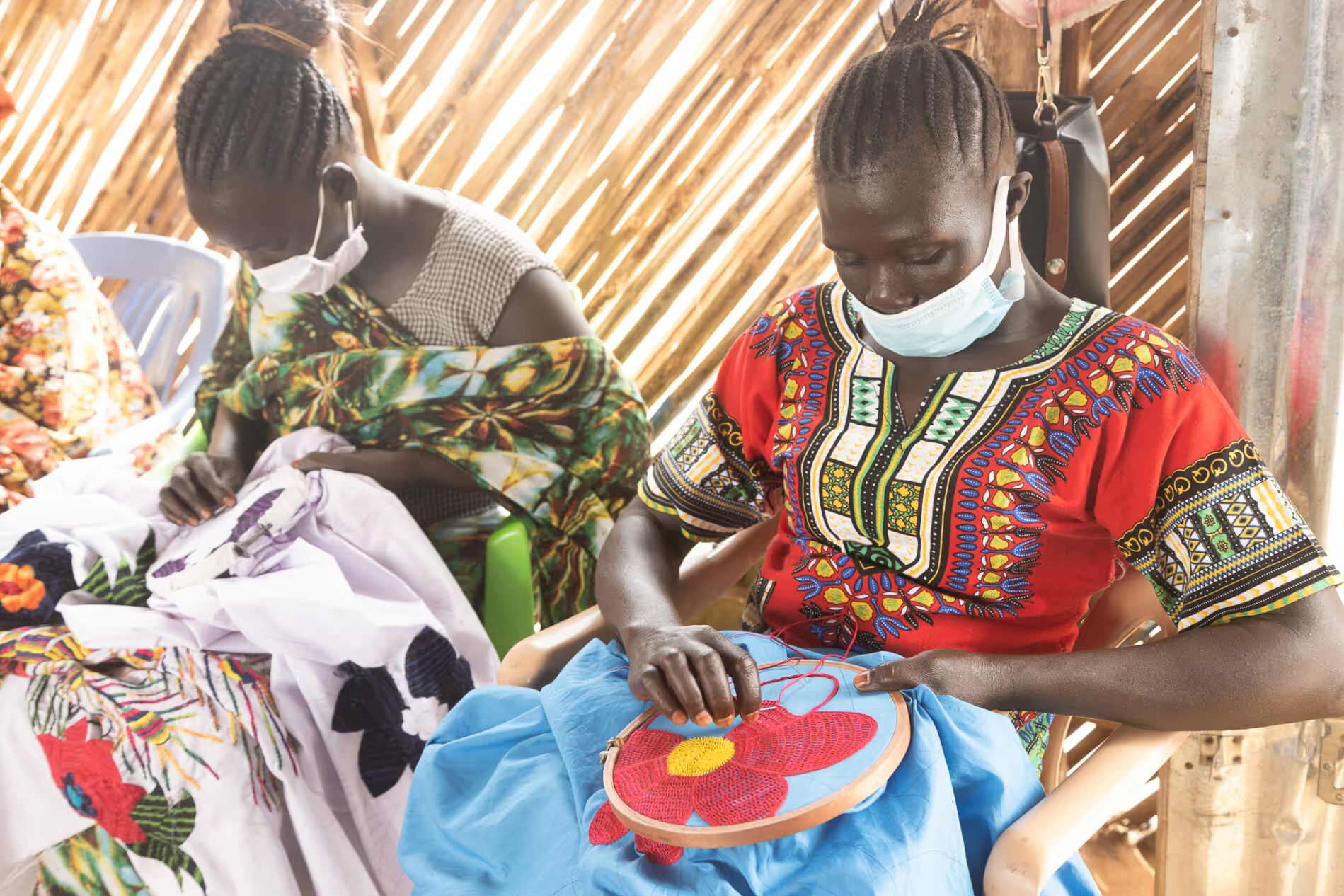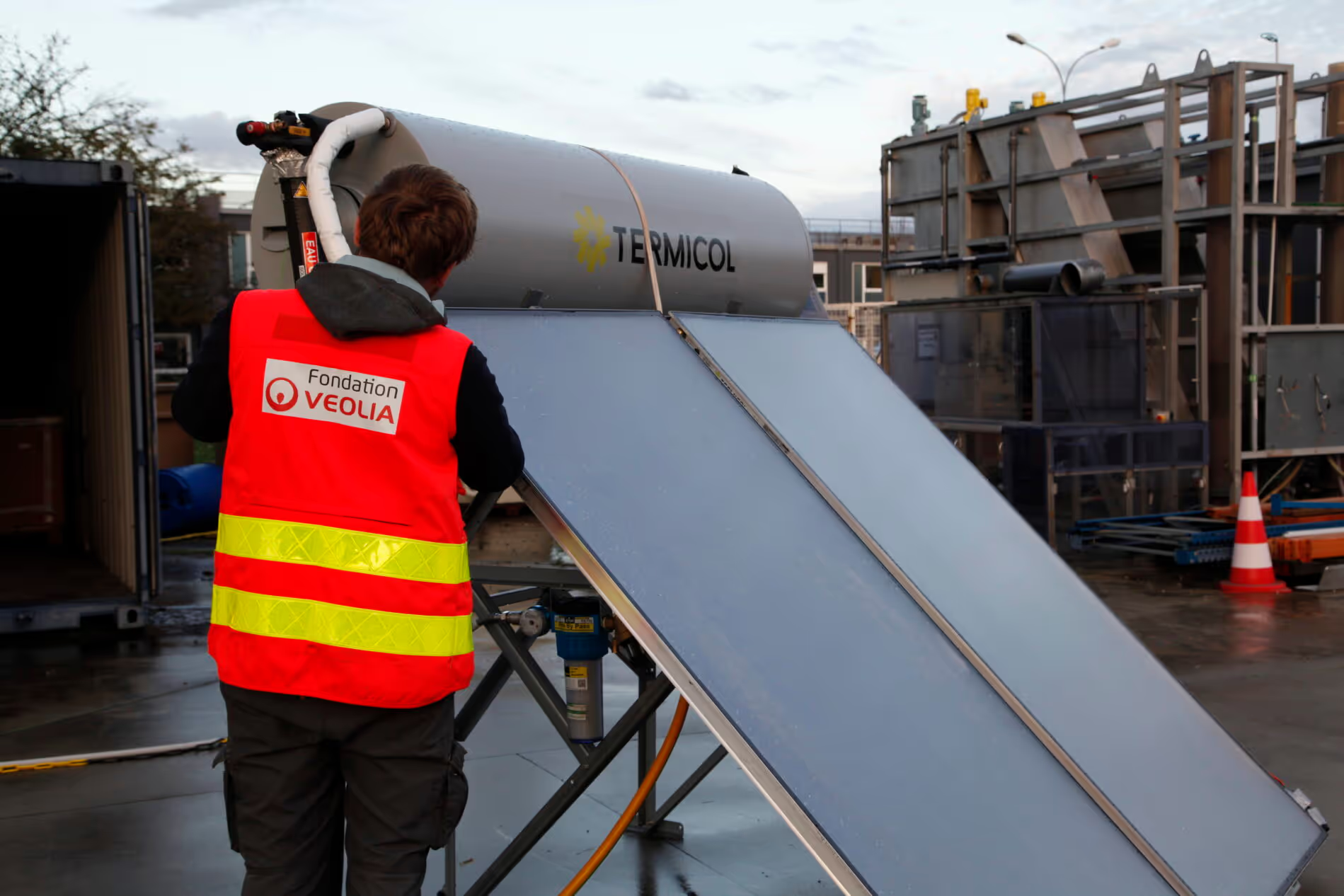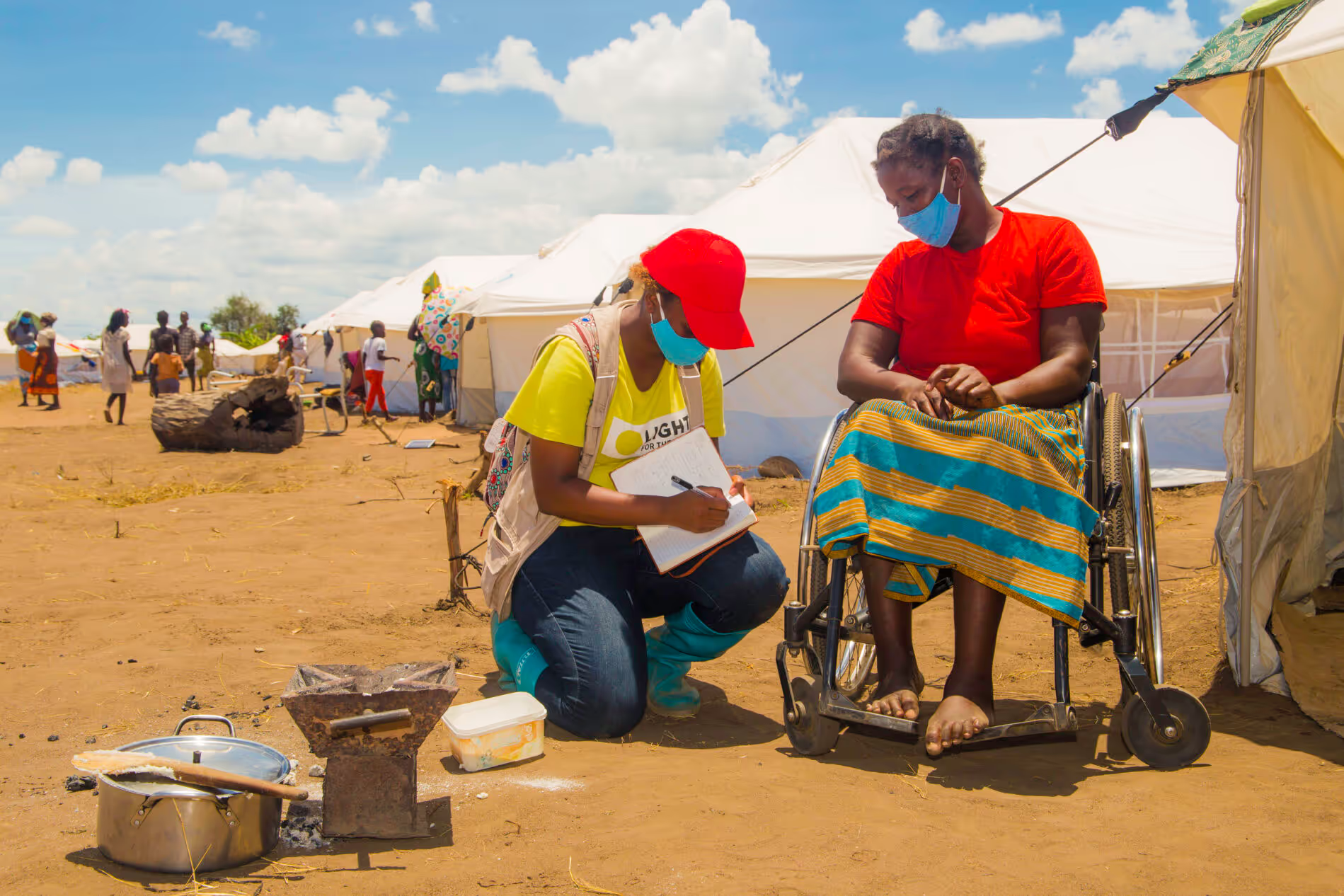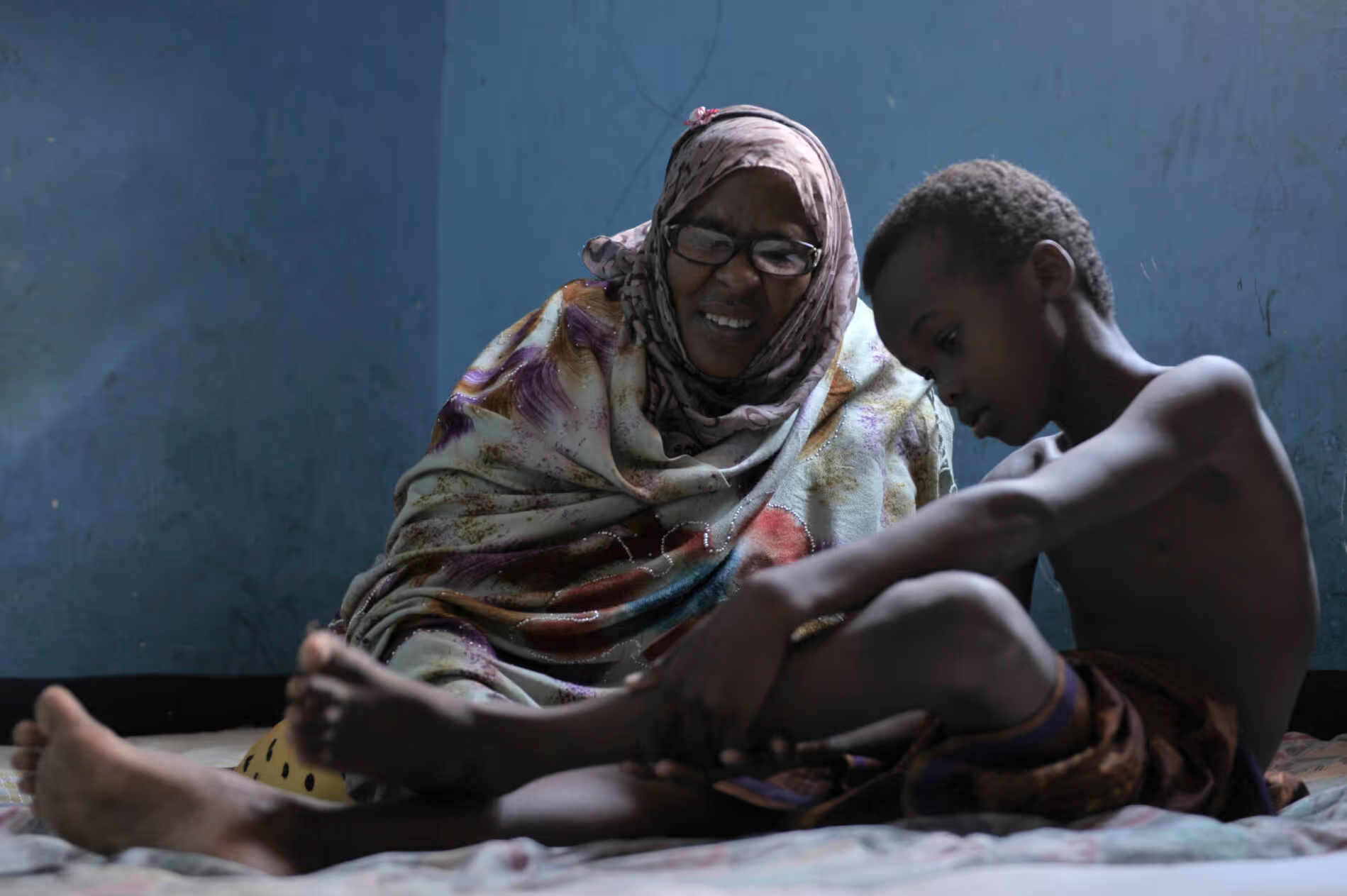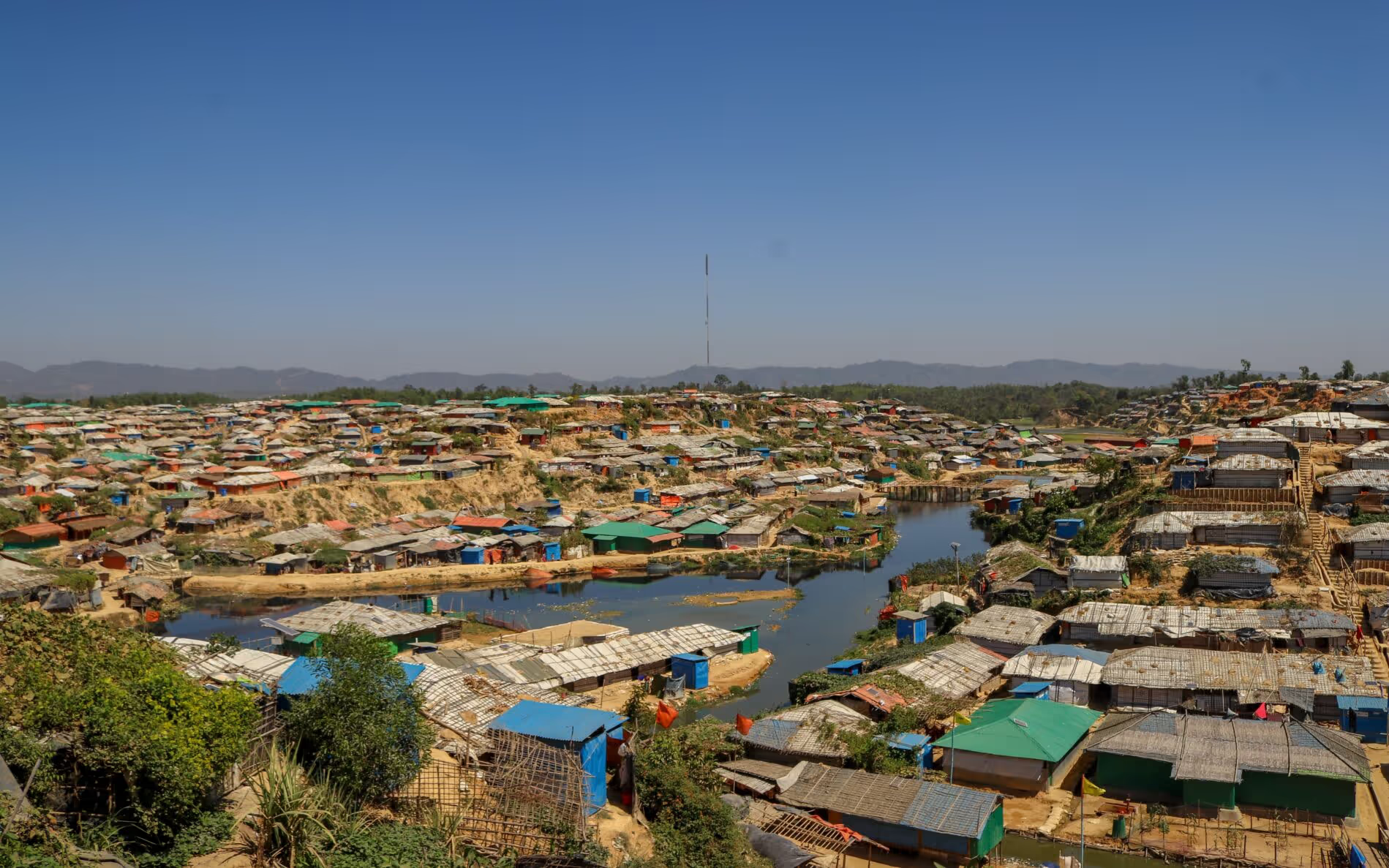Nawat (seeds) sprouting
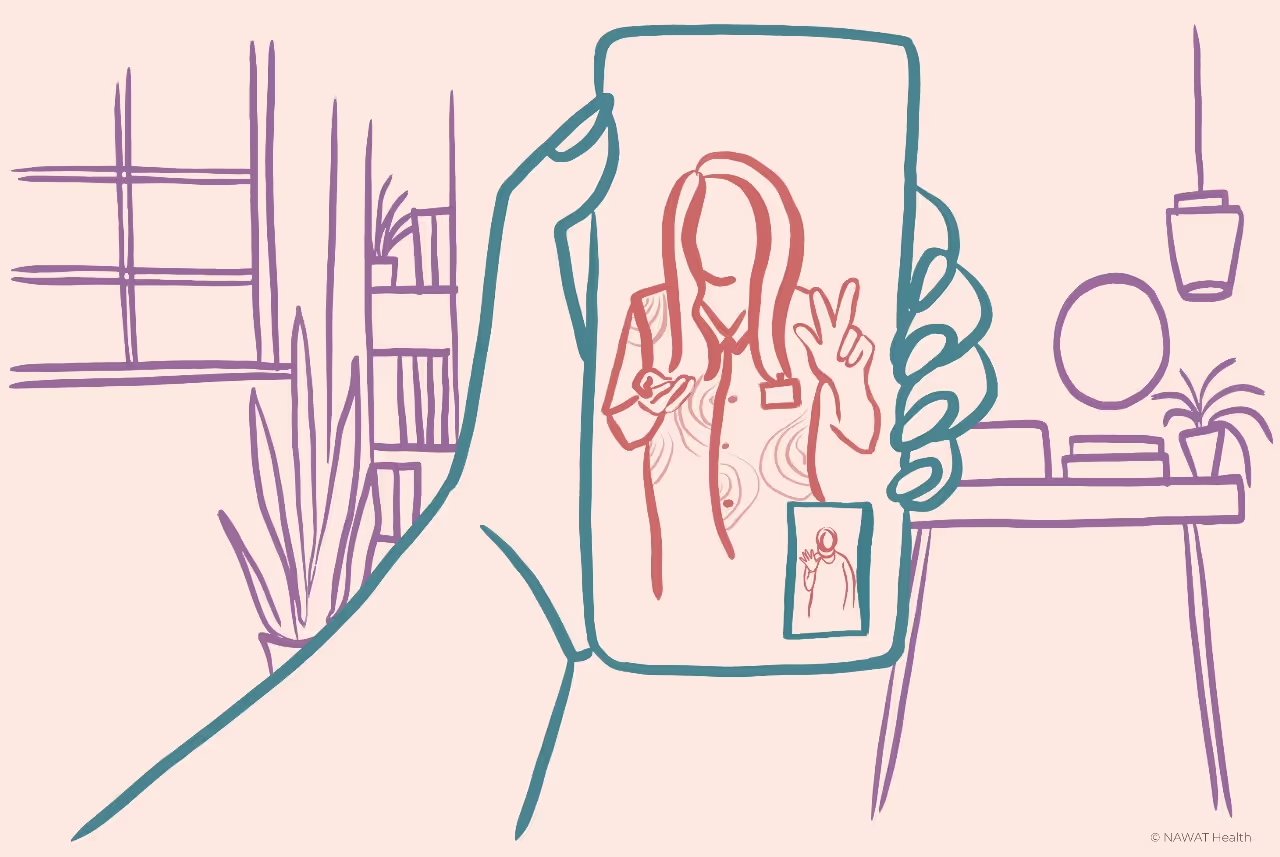
Project overview
Oxfam and Nawat are piloting the development of an application designed to enable Gender-Based Violence (GBV) service providers to offer specialized services online. These services, including case management, legal aid, and psychological support, aim to assist GBV survivors who have limited mobility or face barriers accessing traditional service channels, all while ensuring anonymity and safety.
Project solution
This project offers [specific solution or intervention] to tackle [challenge]. By implementing [strategies, tools, or innovations], the project aims to achieve [desired outcomes]. The approach is designed to [specific actions or methods] to bring about meaningful change in [community, region, or issue area].
Expected outcomes
This project aims to achieve [specific outcomes], such as [measurable results, improvements, or changes]. The expected impact includes [benefits to the target community, advancements in research or innovation, or long-term effects]. By the end of the project, we anticipate [specific changes or milestones] that will contribute to [broader goals or objectives].
What is the Humanitarian Need being Addressed?
At least 40% of women in the Middle East and North Africa (MENA) have experienced physical or sexual intimate partner violence during their lifetime. The situation is often worse in humanitarian contexts, where it is estimated that 70% of women experience GBV while also facing limited access to services and fear of stigma. This is concerning as emergency services are weakened during emergencies. In contexts where structural gender inequalities, prevalent social norms, conflict, and displacement exacerbate the issue, GBV survivors are in dire need of access to information and services. We believe that access to Nawat will increase access and referral to GBV services.
What is the innovative solution and how will it improve existing humanitarian practice?
The platform will allow GBV caseworkers to speak directly with survivors and offer crisis intervention, counselling, legal advice, safety planning, information resources, and referrals. This format will also increase service access for women on the move (refugees, returnees and IDPs) who do not have stable access to services, especially adolescent survivors, who are more likely to use technology and are at substantial risk.
Some of the features will include text, voice and video chat between users and their chosen expert, monitoring of user behaviour to identify suspicious activities, Arabic language, gender sensitive AI-integrated virtual appointment, facilitating referrals and personalised content and expert recommendations systems.
Nawat will use cutting-edge features, such as, AI-driven user behaviour monitoring (to safeguard user data), collection of location data (to suggest safe in-person spaces and link nearby service providers) and integrated AI in virtual consultations (to streamline processes, enable faster referrals, and research to be conducted).
What are the expected outcomes?
The platform will provide an accessible app for GBV survivors and service providers. It will be safe, effective, and user-friendly as a result of our participative creation approach. An analysis and evaluation of lessons learned and a learning event will be run to ensure Nawat meets the needs of GBV service providers and survivors.
If proven effective, Oxfam will incorporate Nawat into its interventions. This will increase access to GBV services in underserved humanitarian settings, a significant step towards expanding GBV services in crisis-affected areas in specific and the MENA region in general.
Project delivery & updates
Stay up to date with the latest developments from this project. Here, you will find details on what has been delivered, resources created, and regular updates as the project progresses. Access key documents, reports, and other materials to see how the project is making an impact.


